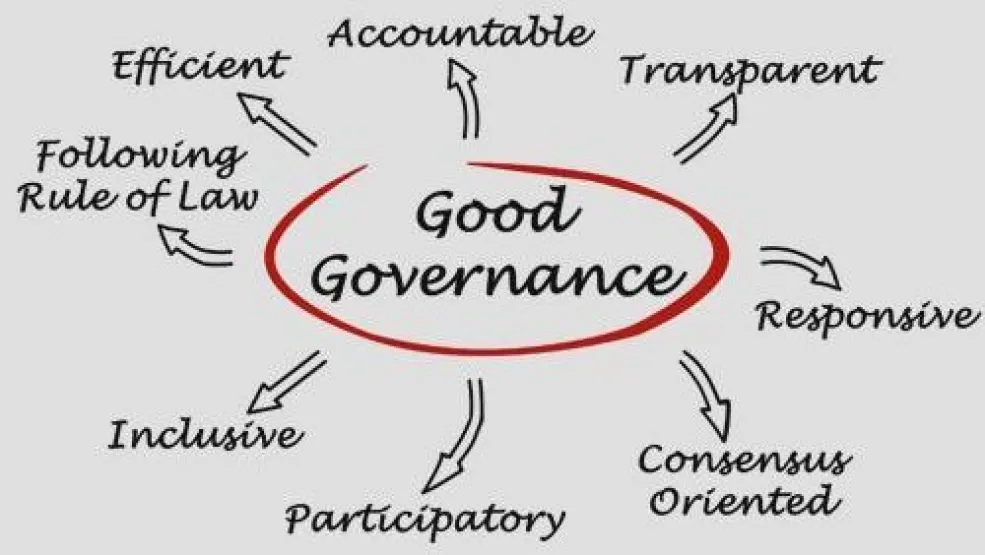Editorial
In recent years, the government of Punjab has increasingly showcased procurement—buying goods and services—as a measure of governance success. From school furniture and hospital machinery to digital tablets and large-scale purchases like trains or electric equipment, each acquisition is framed as a revolutionary step. But can buying things alone really fix governance?
Procurement is not a policy achievement; it’s a logistical and financial task. Any private firm can import goods from the market. When governments equate purchases with reform, they drift from the core of public policy. Governance isn’t about what is bought—it’s about the systems that deliver, manage, and sustain services. A prosperous citizenry doesn’t emerge from inventory lists but from strong institutions, inclusive policies, and functional delivery mechanisms.
If procurement alone defined governance, every wealthy individual could qualify as a mini-government. Real governance is measured by improvements in education, healthcare, employment, and transparency. Does the state provide quality education? Are job opportunities expanding? Are decisions driven by research and data or by political posturing? These are the metrics that matter.
Sadly, projections have replaced reforms. Glamorous media campaigns and glossy social media posts cannot hide the reality of dysfunctional institutions and fragile systems. Without systemic reform, procurement is merely a temporary illusion of progress.
https://facebook.com/RepublicPolicy
Punjab—and Pakistan at large—must shift its focus from what it can buy to what it can build. The public deserves not just products but a reliable, transparent, and accountable state structure. That is real governance—and the foundation for lasting change.
















